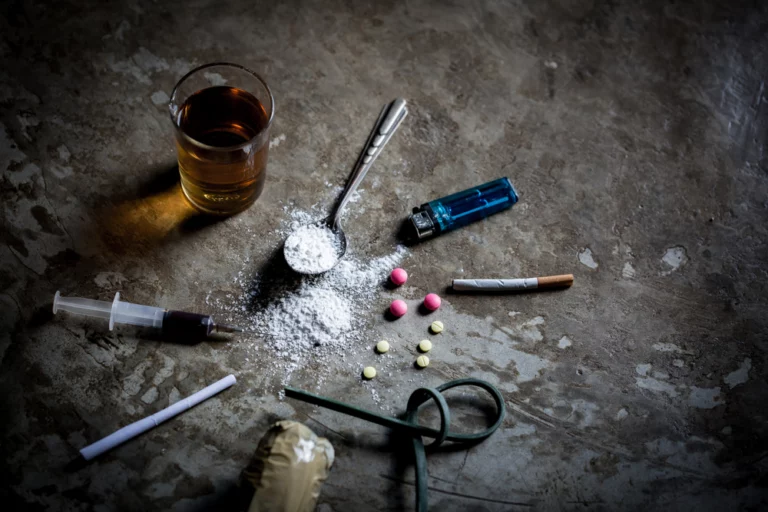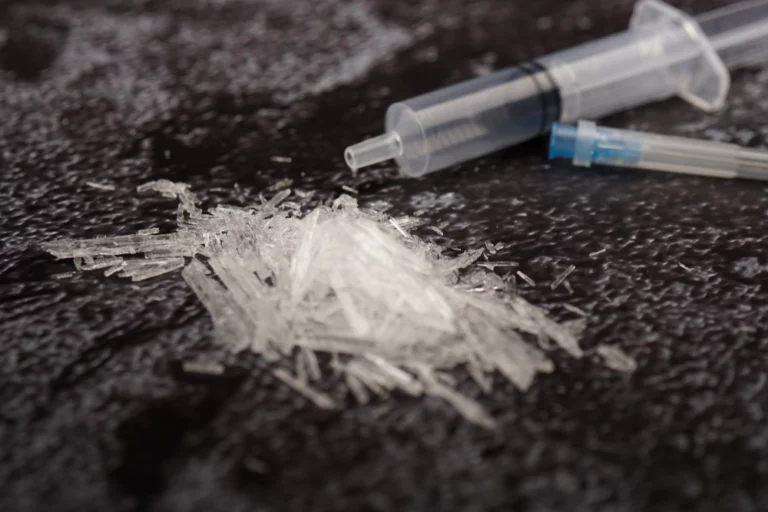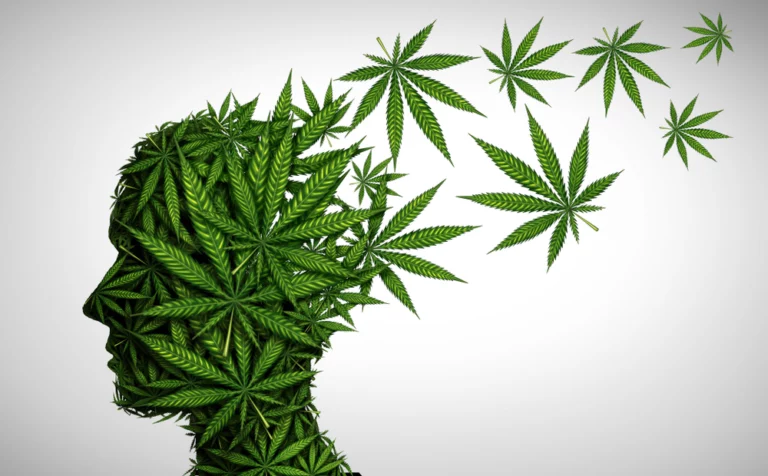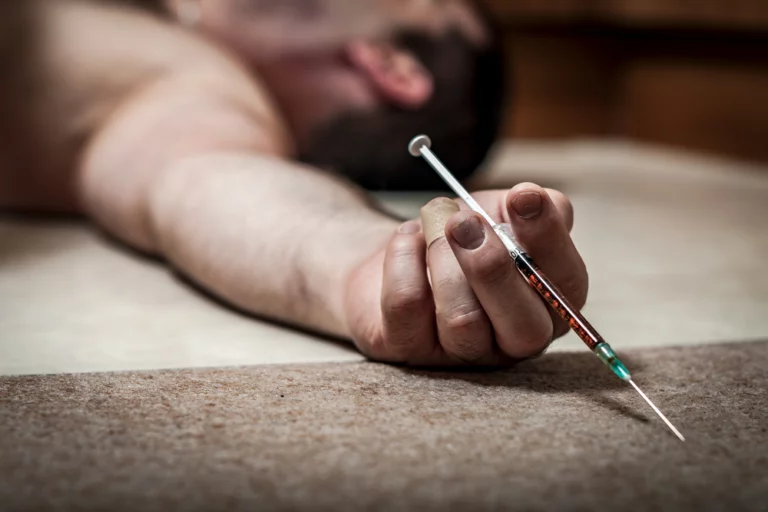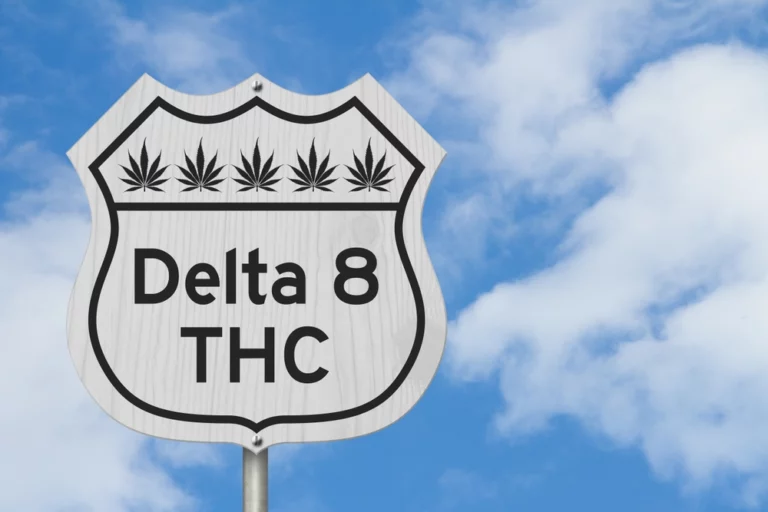While the term ‘feeling high’ is often associated with using drugs or substances, some individuals have reported feeling high while entirely sober. Various factors, both internal and external, influence this phenomenon. By understanding why some individuals may experience the ‘high’ sensation, we can see the connection between our bodies and mind while preventing future drug abuse.
In this article, we will discuss why an individual can feel high when sober, the differences between artificial and natural highs, and how to avoid feeling high while sober.
Connect With Us Now
Reach out to us now for immediate support, or let us know the best time to contact you through our confidential callback service. Your journey to healing is just a conversation away.
What is the ‘High’ Sensation?
The ‘high’ sensation refers to a state of mind and body that individuals may experience without using drugs. This is seen by feelings of euphoria, happiness, or a sense of altered perception. While the term ‘high’ typically refers to the feelings individuals get when using substances, these sensations can also occur naturally. Understanding the ‘high’ sensation involves distinguishing between artificial and natural highs.
Read More: How to Deal with Being Angry When You’re Not High

Artificial vs. Natural Highs
Feeling high can come from many different experiences, either artificially made or natural. By examining the differences between the two, individuals can distinguish the impacts on their bodies, minds, and overall well-being.
Artificial highs are produced by consuming substances that alter the brain’s neurotransmitters and receptors, causing impacts on the individual’s perceptions, moods, and behavior. Artificial highs can come from all kinds of substances, but some of the most commonly used ones include:
- Alcohol: Alcohol is a depressant that can cause feelings of euphoria and relaxation in low doses. However, it can also impair judgment and cognitive function in higher doses.
- Marijuana: Marijuana is derived from the cannabis plant that contains THC. Consuming THC affects the brain’s cannabinoid receptors, altering the perception of time, euphoria, and increased appetite.
- Opioids: Opioids are a class of substances derived from the opium poppy plant. These substances bind to the opioid receptors in the brain, blocking pain signals and producing feelings of pleasure and relaxation.
- Hallucinogens: Hallucinogens include substances such as LSD, Ecstasy, and psilocybin (magic mushrooms). These substances can induce hallucinations, alter perceptions of reality, and shifts in consciousness.
Natural highs are exactly what they sound like. This phenomenon occurs through internal processes that trigger the release of neurotransmitters and hormones associated with positive emotions. This can be linked to positive experiences, activities, or hobbies. Some of the common ways to experience a natural high include:
- Exercise: Physical activities like running, biking, or dancing can lead to the release of endorphins, which create a sense of euphoria and well-being known as the “runner’s high.”
- Laughter: Genuine laughter triggers the release of endorphins, reducing stress and promoting a positive mood.
- Music and Art: Engaging with music or creating art can stimulate the brain’s reward system, leading to feelings of pleasure and satisfaction.
- Acts of Kindness: Helping others or performing charitable acts can activate the brain’s pleasure centers and create a natural high.

Take Our Addiction Quiz for Recovery Insights
Why Do I Feel High When I’m Not?
Experiencing a ‘high’ sensation without the use of substances can be disorientating and puzzling. This phenomenon can be caused by various psychological, environmental, and physical factors. While these factors may show why some individuals feel high when they are not, it is important to note that their experiences may differ from others.
What Can Make You Feel High?
As stated above, many things may make individuals feel high, depending on the type of high they are getting. However, we will focus on the psychological, environmental, and physical factors that can make you feel high. These factors may include:
- Neurotransmitters: Neurotransmitters are chemical messengers in the brain and play a crucial role in regulating mood, emotions, and overall well-being. By engaging in various activities, the brain will release endorphins, dopamine, and serotonin, resulting in a natural high. Some individuals may take supplements in excess amounts, which can make them feel high when sober.
- Bipolar Disorder: For individuals with bipolar disorder, they may experience euphoria syndrome. This is when an individual experiences sudden bouts of intense happiness, laughter episodes, and can feel high without using any substances.
- Depersonalization & Derealization: Depersonalization-derealization disorder occurs when an individual continuously has feelings that they are observing themselves from outside their body or think that things are not real. This condition can cause individuals to believe that they are high when they are sober, or it can lead them to wonder why they feel high.
- Lingering THC: If an individual is regularly smoking weed, they can experience lingering effects of THC in the body. These effects can occur even if the individual has not used THC in a few days, leading them to believe they are high. The effects can diminish as the body metabolizes THC, and the individual will eventually feel normal.
Learn More: Is Delta 8 Addictive or Habit-Forming?

Avoiding Feeling High While Sober
If you are continuously feeling high while sober, you may wonder how to avoid this. While it can be a good thing to occasionally enjoy a natural high, distinguishing between naturally elevated moods and sensations caused by drug abuse is essential. To maintain a clear and stable state of mind, there are some strategies you can use to avoid feeling high while sober. Some of the most common strategies include:
- Identify and address triggers that lead to these sensations
- Practice mindfulness and self-awareness
- Speak to individuals experiencing the same sensations
- Create a healthy routine
- Seek out professional help
Staying Sober with Knoxville Recovery Center
While individuals may experience feeling high while they are sober, it is essential not to seek out those feelings through substance abuse. Suppose an individual repeatedly feels high while sober. In that case, they may be experiencing a substance use disorder or mental health condition, which both deserve the proper treatment to address the issues that may arise.
At Knoxville Recovery Center, we prioritize addressing every aspect of addiction and treating the entire individual. We provide several addiction treatment programs to ensure every client receives the individualized care they need and deserve. These programs include medical detox, addiction treatment, aftercare services, and a therapeutic nutritional program.
If you or a loved one are suffering from feeling high while sober or substance use disorders, contact us today to learn more about our programs.
Are You Covered For Treatment?
Knoxville Recovery Center partners with numerous private insurance providers. Our team is committed to assisting you in quickly and effortlessly verifying your insurance coverage for treatment.



